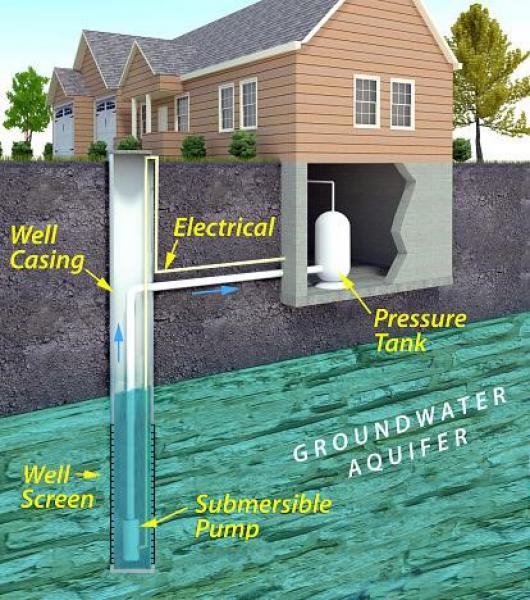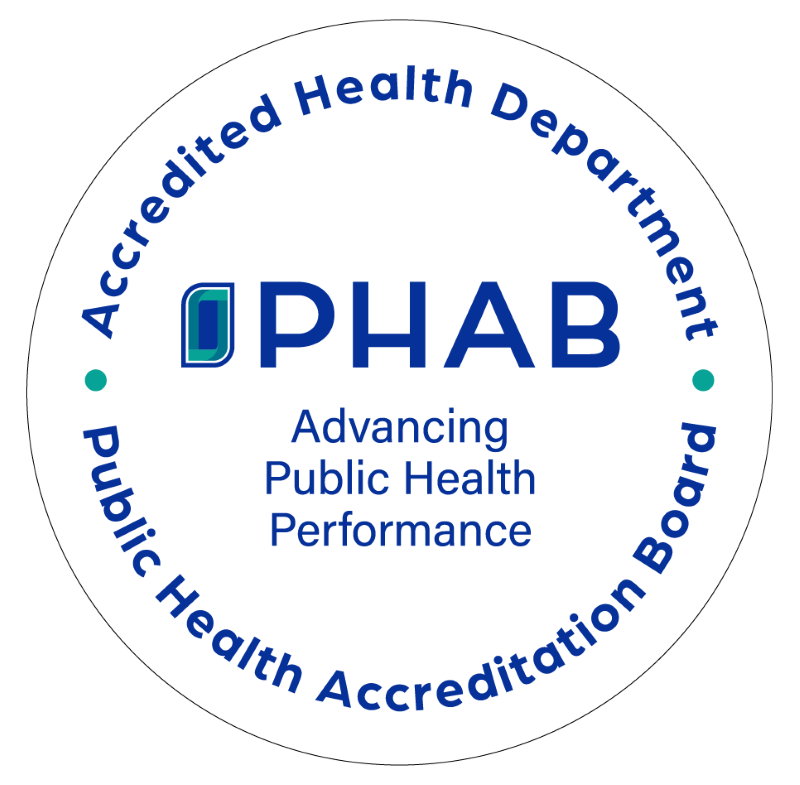Private Wells
If you aren’t served by a public water system then you likely have a private well.
There are three types of private drinking water wells: shallow dug or bored; driven; and drilled wells. Generally, "drilled" wells are considered the safest for home water supplies. They have a lower risk of contamination due to their depth and use of continuous casing (a pipe placed in the well to keep dirt and excess water out). Some of the more common sources of contamination in our area for wells include septic systems, gasoline and fuel oil tanks, storage areas for pesticides or fertilizers, flood waters, animal waste and road salt storage.
Homeowners are responsible for regularly testing, inspecting, and maintaining their wells. Private wells are not regulated by CCHD.
We recommend that homeowners with private wells:
- Test their well water regularly (at least once per year);
- Know how to operate their well system;
- Keep up with regular maintenance of their well and its surrounding area; and
- Make sure they have a tight and proper well cap.
You may be able to get your water tested for FREE!
If you live in Clinton County and own a home that has a private well, then you may be eligible for free well water testing through the CCHD. Check out the program details here. To request your free sampling in the Spring of 2026 CLICK HERE.


































